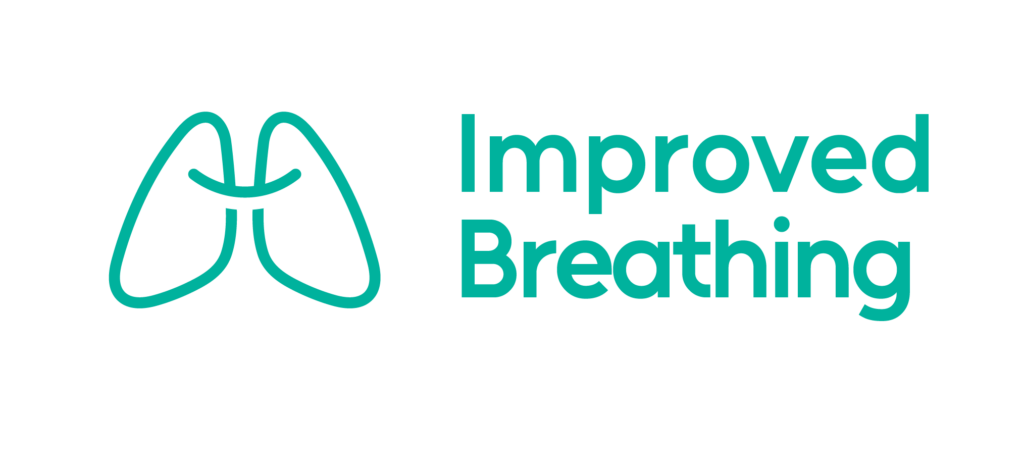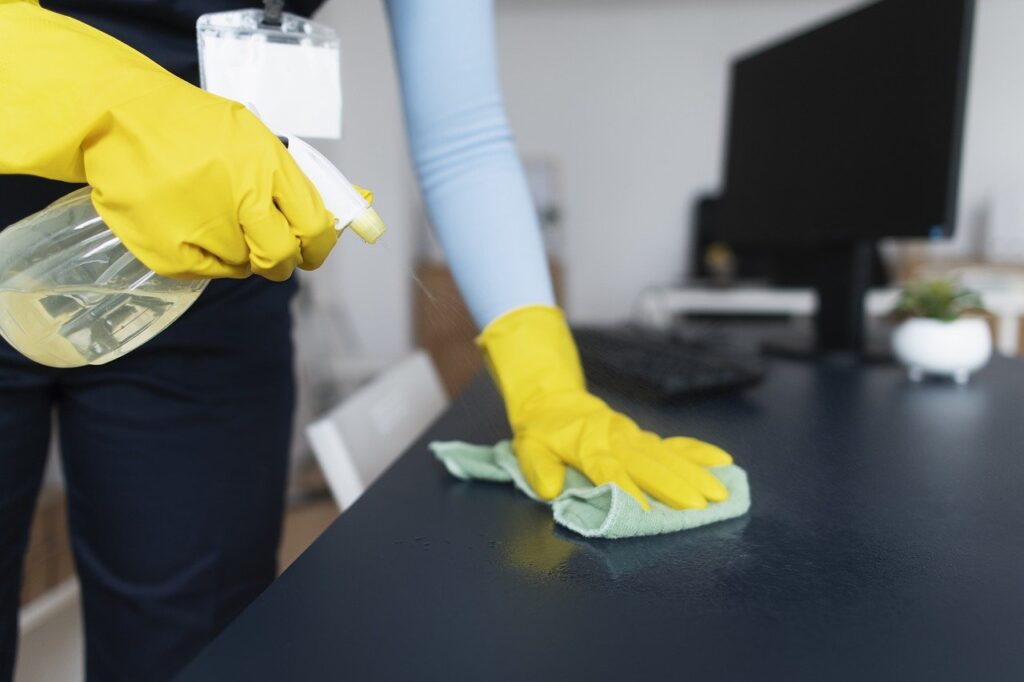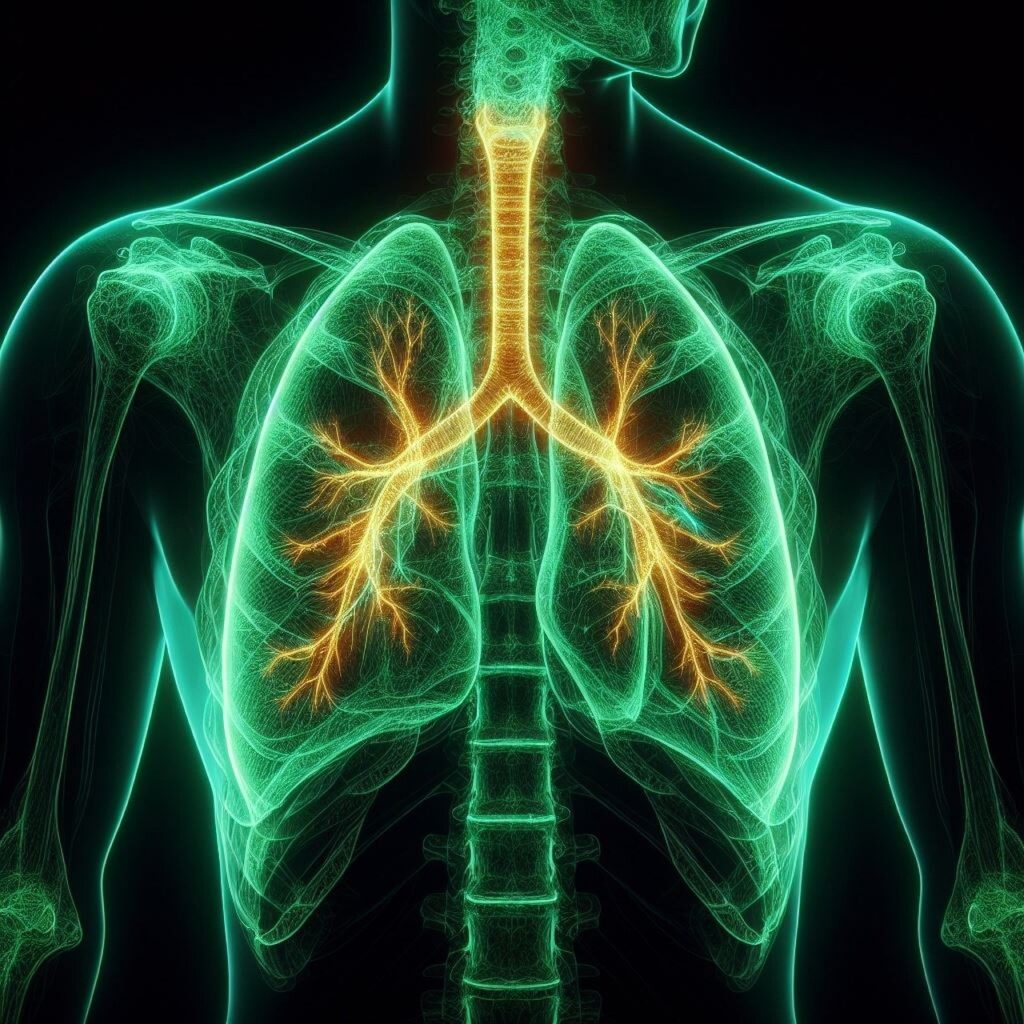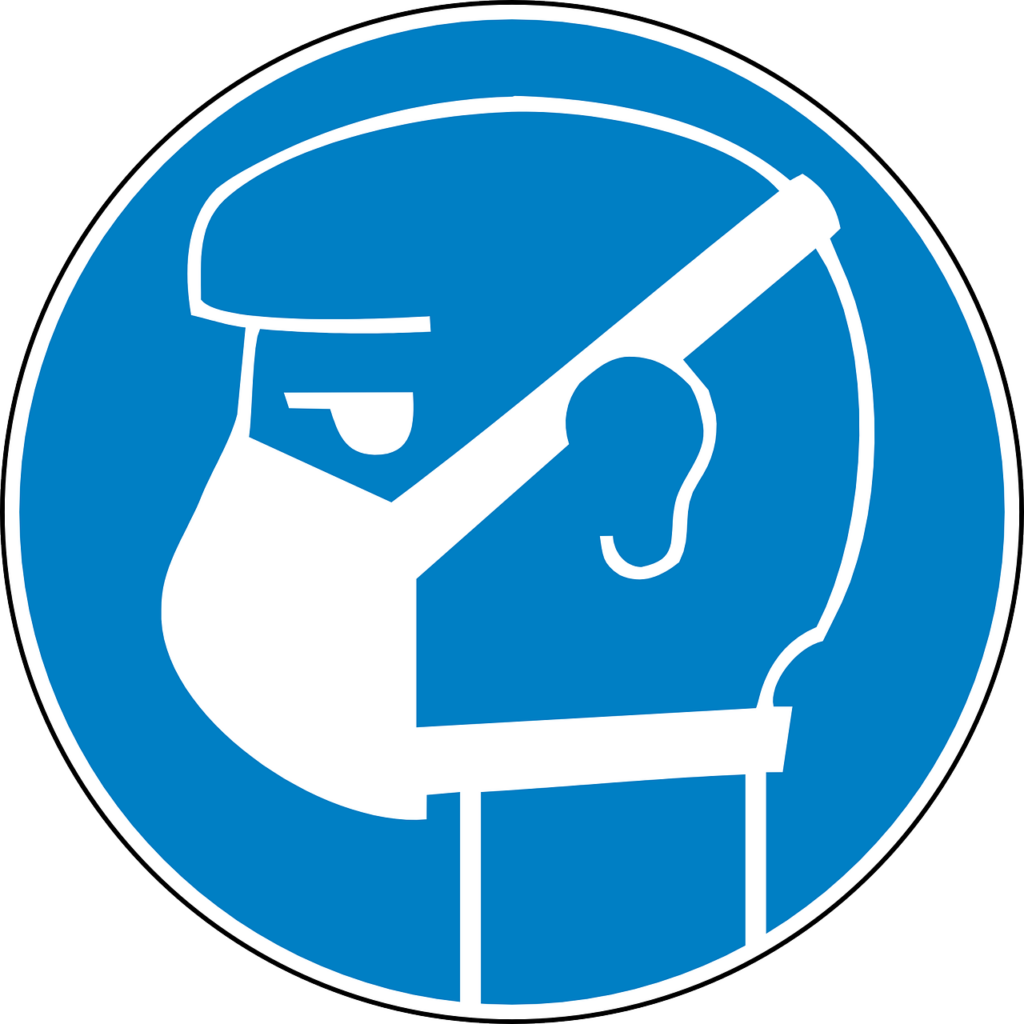Living with a long-term lung condition like COPD or emphysema presents unique challenges, especially when it comes to maintaining a clean and healthy home environment. While a tidy home is important for everyone, it’s crucial for those with respiratory issues. This blog will explore effective cleaning strategies that can help improve indoor air quality and support better lung health.
Dust with a Damp Cloth
Dusting is an essential part of home cleaning, but it’s important to do it right. Instead of using a feather duster or dry cloth that can stir up dust particles, opt for a damp microfiber cloth. This method traps dust rather than dispersing it into the air, reducing the risk of irritating your lungs.
Vacuum Regularly with a HEPA Filter
Invest in a vacuum cleaner equipped with a High-Efficiency Particulate Air (HEPA) filter. These filters can trap tiny particles that regular vacuums might miss. Aim to vacuum at least twice a week, focusing on high-traffic areas and paying special attention to carpets and rugs where allergens and dust can accumulate.
Minimize Clutter
Clutter not only collects dust but also makes thorough cleaning more challenging. Reduce the number of items on open surfaces and store things in closed containers or cabinets when possible. This simple step can significantly decrease the amount of dust in your home.
Use Natural Cleaning Products
Many commercial cleaning products contain harsh chemicals that can irritate the lungs. Opt for natural alternatives like vinegar, baking soda, and lemon juice. These ingredients are effective cleaners and less likely to trigger respiratory symptoms. If you must use chemical cleaners, ensure proper ventilation and consider wearing a mask.
Control Humidity
Mold and mildew thrive in damp environments and can severely impact lung health. Use a dehumidifier to keep indoor humidity levels between 30-50%. Pay special attention to naturally damp areas like bathrooms and basements. Clean up any visible mold promptly using a solution of vinegar and water.
Change Air Filters Regularly
Replace the filters in your heating, ventilation, and air conditioning (HVAC) system every 1-3 months, depending on usage. Clean filters trap airborne particles more effectively, improving overall air quality in your home.
Implement a No-Shoes Policy
Shoes can track in dirt, pollen, and other outdoor pollutants. Establish a no-shoes rule in your home to reduce the amount of outside contaminants brought indoors. Place a shoe rack or mat near the entrance to make this policy easy to follow.
Groom Pets Outdoors
If you have furry friends, brush them outside regularly to reduce the amount of pet dander and hair in your home. This simple step can significantly improve indoor air quality for those with lung conditions.
Use Doormats
Place doormats both outside and inside your entrances. These can trap dirt and other particles before they enter your home, reducing the amount of cleaning needed and improving air quality.
Avoid Air Fresheners
Many air fresheners release volatile organic compounds (VOCs) that can irritate the lungs. Instead, open windows for short periods to let in fresh air, or use natural odor absorbers like baking soda or activated charcoal.
Clean Bedding Weekly
Dust mites, a common allergen, thrive in bedding. Wash sheets, pillowcases, and duvet covers in hot water (at least 130°F or 54°C) weekly to kill these microscopic pests and reduce allergens in your sleeping area.
Be Mindful of Cleaning Timing
If possible, clean when you’re feeling your best and when someone else is home to help if needed. Avoid cleaning right before bedtime, as it may take a while for dust to settle and for you to feel comfortable breathing in the space again.
Consider an Air Purifier
While not a replacement for regular cleaning, an air purifier with a HEPA filter can help remove airborne particles, potentially easing breathing for those with lung conditions.
Final Words
Living with a chronic lung condition doesn’t mean you can’t maintain a clean, healthy home. By implementing these strategies, you can create an environment that supports better breathing and overall lung health. Remember, it’s not about achieving perfection – small, consistent efforts can make a significant difference in your indoor air quality and, consequently, your quality of life.
Always consult with your healthcare provider before making significant changes to your cleaning routine, especially if you have severe lung issues. They can provide personalized advice based on your specific condition and needs.
By following these tips and maintaining a clean home environment, you can help manage your lung condition more effectively and breathe a little easier every day.

